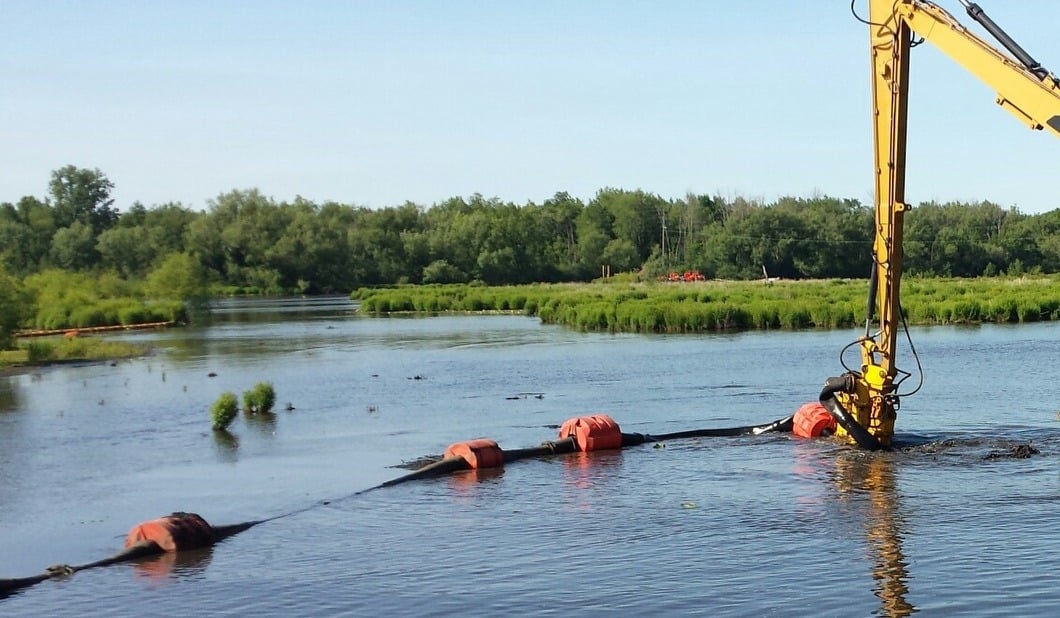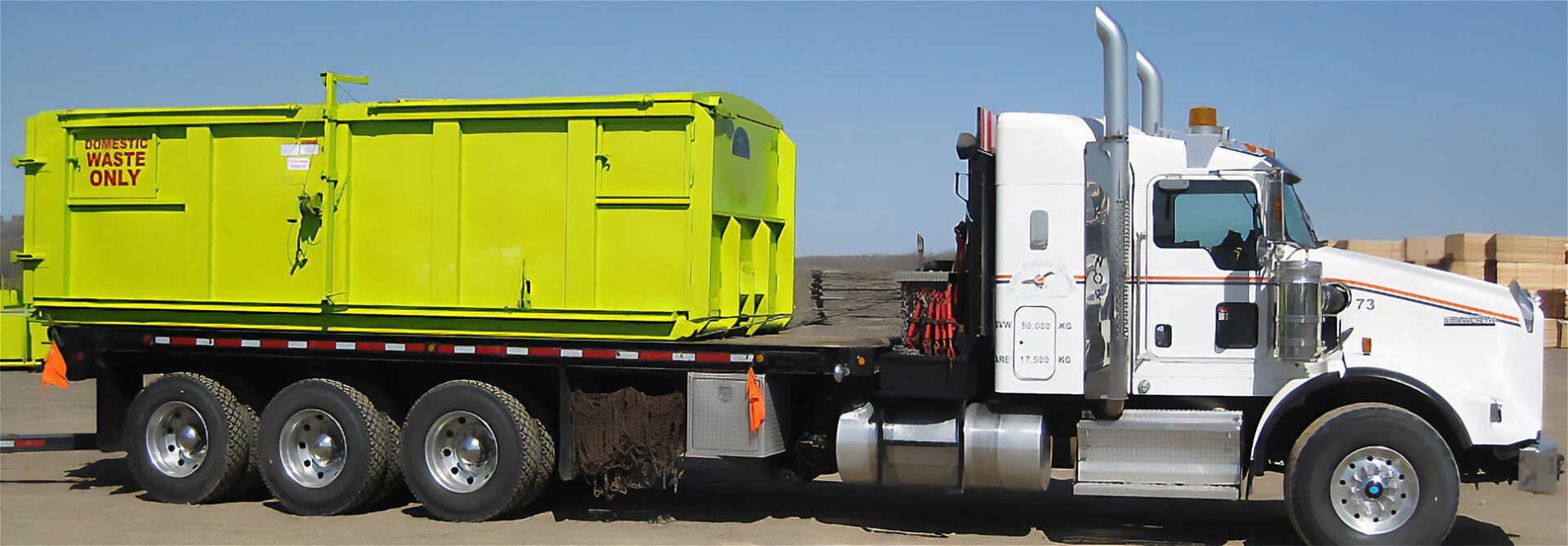Superior Oilfield Rentals oilfield: new solutions shaping production work
Wiki Article
A Comprehensive Guide to the Numerous Kinds Of Oil Field Equipment and Pipeline Equipment Available
The oil and gas industry depends greatly on customized equipment for efficient extraction and transport. Various kinds of equipment, from piercing rigs to tank, play vital duties in this complex process. Each piece of tools offers distinct features that contribute to overall functional success. Understanding these components is essential for any person entailed in the industry. As the market progresses, so also do the modern technologies that sustain it. What advancements are on the horizon?
Drilling Rigs: The Foundation of Oil Expedition
Drilling rigs work as the crucial machinery in the domain of oil expedition, allowing firms to access hydrocarbon reserves buried deep underneath the Earth's surface area. These rigs come in different kinds, consisting of land rigs, offshore rigs, and mobile systems, each made to run in details atmospheres. Furnished with advanced technology, drilling rigs can pass through geological formations with precision, ensuring reliable resource removal. The architectural stability and operational capacities of these rigs are critical, as they have to hold up against severe conditions and significant stress. The option of a drilling gear influences the total job price and timeline, making it a vital consideration for oil firms seeking to optimize their exploration efforts and maximize efficiency in their procedures.Pumps: Necessary for Liquid Motion
In the oil extraction process, the role of pumps is substantial, promoting the motion of liquids throughout numerous stages of production. Pumps are important for transporting petroleum, water, and other fluids from below ground storage tanks to the surface area and afterwards through pipes to refineries. They can be found in various types, including centrifugal, favorable variation, and completely submersible pumps, each offering particular functions based upon the fluid characteristics and operational requirements. Centrifugal pumps are frequently utilized for their efficiency in high-flow applications, while positive variation pumps stand out in dealing with thick fluids. The option of pump influences total effectiveness, operational security, and maintenance costs. Proper choice and maintenance of pumps are crucial for optimizing production and minimizing downtime in oil field procedures.Shutoffs: Controlling Flow and Pressure

Shutoffs play a vital function in managing the circulation and pressure of fluids within oil fields and pipelines. Various sorts of shutoffs offer unique applications, each developed to meet details features essential for effective operation - Superior Oilfield Rentals Texas. Understanding the attributes and uses of these valves is essential for enhancing system efficiency and safety and security
Types of Valves
Vital components in oil field procedures, shutoffs play an important role in managing the flow and pressure of liquids within pipes and devices. Various sorts of shutoffs are made use of to satisfy the diverse needs of oil and gas production. Typical kinds include entrance valves, which supply a straight-line circulation and very little pressure drop; world valves, known for their throttling capacities; and ball valves, identified for their quick on/off control. Additionally, check valves prevent heartburn, while butterfly shutoffs provide a lightweight solution for controling circulation. Each valve kind is made with certain products and arrangements to withstand the extreme problems typically found in oil fields, guaranteeing dependability and effectiveness in operations. Understanding these types is crucial for effective system administration.Valve Applications and Functions
While different kinds of valves serve distinctive purposes, their main applications focus on managing circulation and pressure within oil and gas systems. Shutoffs such as gate, globe, and round shutoffs control fluid movement, guaranteeing peak performance and safety and security. Gate valves are generally utilized for on/off control, providing marginal flow resistance. Globe shutoffs, on the other hand, deal precise circulation policy, making them ideal for strangling applications. Sphere valves are favored for their quick procedure and tight sealing capacities. On top of that, pressure safety valve are critical for preventing system overpressure, safeguarding equipment honesty. In general, the proper option and application of shutoffs improve functional performance, guaranteeing the trusted transport of oil and gas via pipelines and processing centers.Compressors: Enhancing Gas Transportation
Compressors play an essential role in the reliable transport of gas, making sure that it moves efficiently through pipes over fars away. These tools increase the stress of gas, enabling it to overcome rubbing and altitude adjustments within the pipeline system. In addition, compressors promote the balancing of supply and need, suiting changes in consumption and manufacturing rates. Different sorts of compressors are utilized in the market, including centrifugal, reciprocating, and rotating screw compressors, each offering unique benefits based on the functional needs. Regular maintenance of these compressors is necessary to make the most of performance and lessen downtime, ultimately adding to a trusted gas transport network. Their essential function emphasizes the value of compressors in the total oil and gas infrastructure.Storage Tanks: Safe and Reliable Liquid Management
Efficient transport of all-natural gas counts on different supporting systems, among which is the appropriate management of storage space tanks. These containers play an important duty in safely having liquids, ensuring that operational efficiency is kept while reducing environmental risks. Created from sturdy materials, they are developed to withstand high pressures and harsh aspects. Correctly sized and tactically located, storage space tanks assist in the smooth circulation of gas and various other fluids, protecting against traffic jams in supply chains. Normal maintenance and tracking are important to find leakages or structural concerns, advertising safety and conformity with regulative standards. Eventually, the efficient administration of storage containers is important for the total honesty and reliability of the oil and gas industry's liquid handling systems.
Pipeline Equipments: Infrastructure for Transport
Pipeline systems act as the foundation of the oil and gas industry, promoting the efficient transportation of hydrocarbons over substantial ranges. These systems contain different parts, consisting of pipelines, valves, pumps, and compressors, all carefully created to ensure seamless circulation. The materials made use of in pipeline construction, usually steel or high-density polyethylene, are picked for toughness and resistance to rust. Pipeline networks can extend throughout land and water, attaching manufacturing sites to refineries and warehouse. Furthermore, progressed innovation enables real-time monitoring of flow rates and pressure levels, improving functional performance. The strategic placement of these pipelines reduces environmental effect while taking full advantage of source availability, thereby playing a necessary function in conference energy needs around the world.Safety Equipment: Making Certain Employee and Environmental Management
The operation of pipeline systems, while vital for energy transportation, also offers substantial security difficulties for workers and the atmosphere. Security equipment plays a significant duty in minimizing these risks. Personal safety tools (PPE) such as helmets, handwear covers, and non-slip footwear safeguards employees from physical hazards. Additionally, gas detection systems Superior Oilfield Rentals oilfield keep an eye on for leakages, ensuring that damaging materials do not pose a threat to personnel or the surrounding community. Emergency closure systems are vital for promptly halting operations during a situation, stopping possible disasters. Spill containment materials, including absorbents and barriers, are fundamental for reducing ecological influence. Overall, buying comprehensive safety devices is vital for keeping functional honesty and safeguarding both workers and the environment in the oil and gas market.
Regularly Asked Concerns
Exactly how Do I Choose the Right Oil Field Equipment for My Project?
Picking the ideal oil field tools entails evaluating project specs, budget plan constraints, and functional demands. Consider factors such as equipment reliability, compatibility with existing systems, and the vendor's credibility to ensure peak performance and security.What Are the Upkeep Demands for Oil Field Equipment?
Upkeep requirements for oil field devices include regular evaluations, lubrication, and prompt repair work. Operators ought to also stick to maker standards, screen efficiency metrics, and warranty conformity with security policies to improve durability and efficiency.
Just How Can I Make Certain Compliance With Environmental Rules?
To guarantee compliance with environmental regulations, business must conduct regular audits, execute finest techniques, purchase training, preserve correct documents, and remain updated on regulation (Superior rentals squeeze tools). Partnership with environmental agencies can also improve adherence to regulationsWhat Is the Ordinary Life Expectancy of Pipeline Equipment?
The ordinary life expectancy of pipeline equipment usually varies from 20 to 50 years, depending upon variables such as material quality, ecological problems, and maintenance practices. Normal assessments can substantially influence durability and operational performance.Just how Do I Safely Transport Oil Field Equipment to Remote Locations?
Moving oil field equipment to remote places requires cautious preparation, including course analysis, protecting permits, making use of suitable lorries, and ensuring security methods are complied with. Proper training and communication among staffs are crucial for successful transportation.Report this wiki page